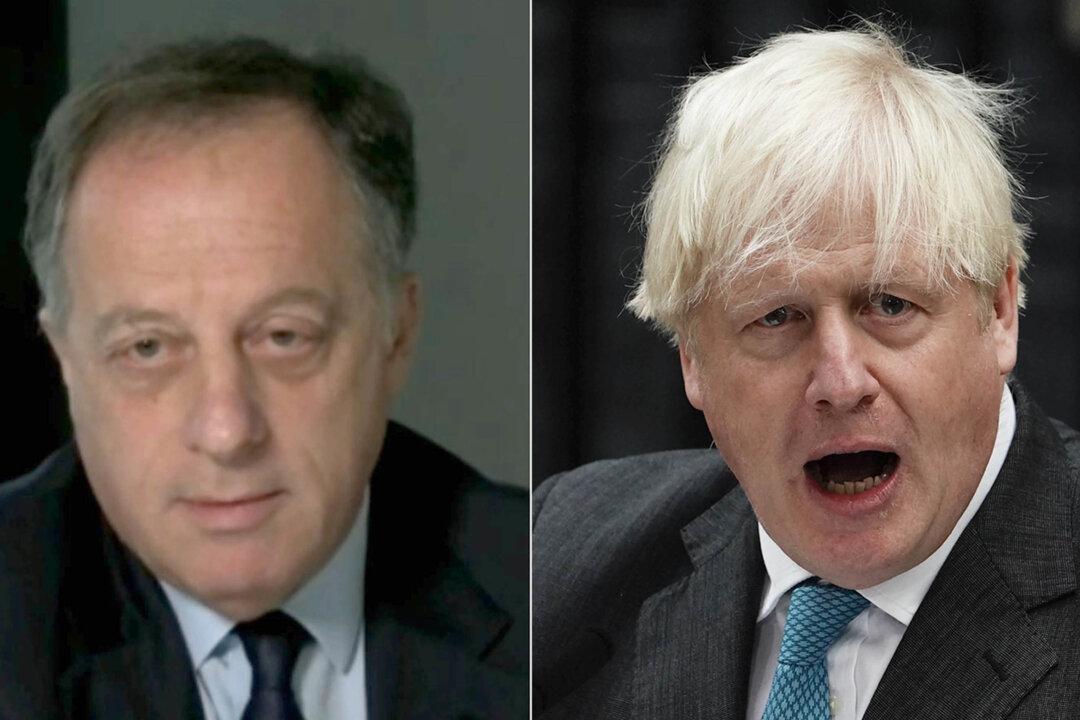BBC Chair Richard Sharp made “significant errors of judgement” when failing to declare his role in the facilitation of a loan to the then Prime Minister Boris Johnson, a Parliamentary committee has said.
Sharp is under investigation over potential conflicts of interests after allegations emerged that he had helped secure an £800,000 ($987,000) loan guarantee for former Prime Minister Boris Johnson.





